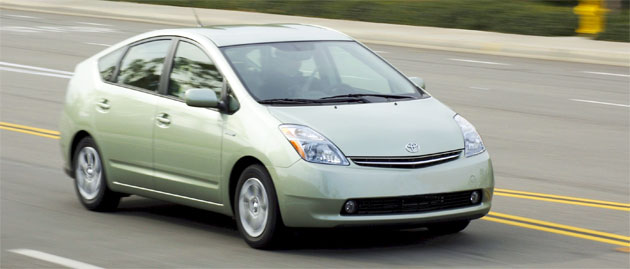Ever loan your car to a friend for a day in exchange for a few bucks?
Soon, that may not void your insurance and make you a criminal. At least in California.
State Assemblymember Dave Jones (D-Sacramento) has introduced a bill (AB 1871) that would amend the state's insurance laws by allowing vehicle owners to participate in car-sharing programs. Right now, policyholders are banned from renting out personal vehicles.

The service offers a fleet of pooled vehicles to members

Golden Gate Bridge, connecting San Francisco and Marin County, California
In its simplest form, car-sharing gives multiple drivers access to a pool of vehicles. It's generally first-come, first-served. The core of the business lies in data to answer a driver's question: What will be the nearest empty car of the type I want at the time I need it?
Users book their cars online or by phone, and may pay higher rates during periods of highest demand. Studies show that for every car shared, up to 15 privately owned vehicles may be taken off the road.
Ask any 20-something San Franciscan, for example, how many times he or she has rented a nice new 2010 Toyota Prius hybrid or a tiny 2010 Smart ForTwo minicar for an occasional day trip. You'd be surprised how common it is.
Currently, car-share services own their own fleets, just like regular rental companies. But with most personal vehicles idle for most of the day, it would be far greener to make those cars available for short-term sharing--which is now illegal under California insurance law.
That's a new concept known as P2P (person-to-person) car-sharing, a social-media-like service loosely grouped under the idea of "collaborative consumption". One such startup is Relay Rides, which will soon launch in Boston.
Car-share services can be private, for-profit businesses (e.g. ZipCar, new startup Spride) or municipally-run nonprofits (e.g. San Francisco's City CarShare).
One representative from each type showed up at a Jones press event last Wednesday to promote his bill. Spride and City CarShare will work together to test a fleet of 20 to 40 privately owned cars, which would effectively become part of the City CarShare fleet.
The cars would have to be less than five years old, owners would have to guarantee their availability for a minimum number of hours, and the vehicles would be fitted with tracking technology so City CarShare would know where they are and the distances they cover.
The big win, according to City CarShare, would be expansion from dense urban cores into suburban areas. Services can afford a fleet in big cities, where there's enough demand to justify buying and operating their own cars. Not so in suburbia.
The bill is expected to go to the California Assembly's Insurance Committee this week, and to the full Assembly sometime this month. Jones says he has worked with insurance companies on its language, and expects it to pass.













